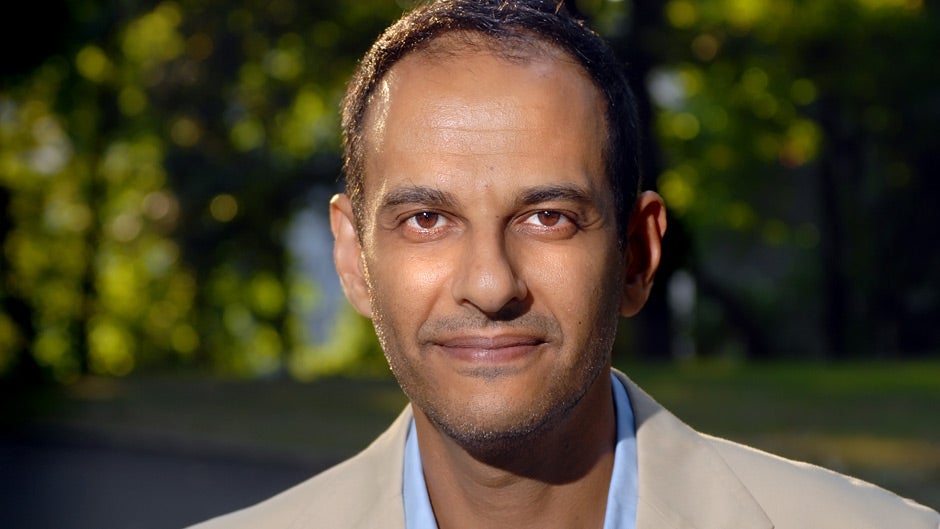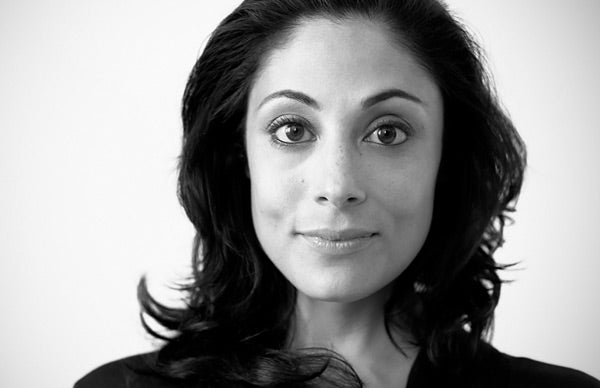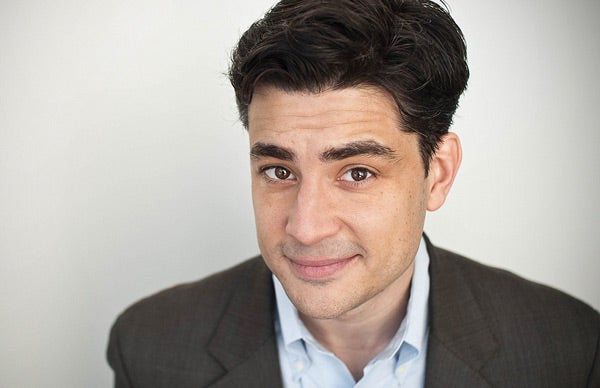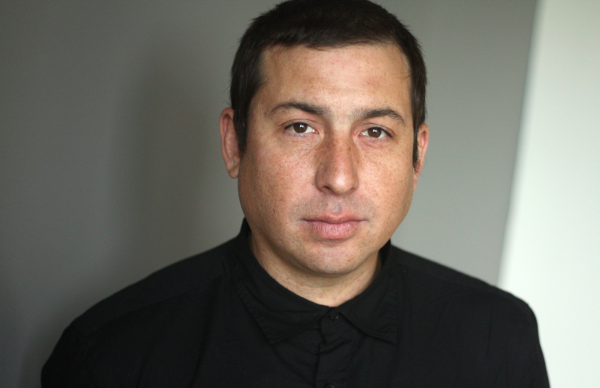Moustafa Bayoumi
Journalist and author of How Does it Feel to Be a Problem? Being Young and Arab in America
Photo credit: Neville Elder
-
About Moustafa Bayoumi
Moustafa Bayoumi is the author of the critically acclaimed How Does It Feel To Be a Problem?: Being Young and Arab in America (Penguin), which won an American Book Award and the Arab American Book Award for Non-Fiction. The book has also been translated into Arabic by Arab Scientific Publishers. His latest book, This Muslim American Life: Dispatches from the War on Terror (NYU Press), was chosen as a Best Book of 2015 by The Progressive magazine and was also awarded the Arab American Book Award for Non-Fiction.
An accomplished journalist, Bayoumi is also a columnist for The Guardian, and his writing has appeared in The New York Times Magazine, New York Magazine, The National, CNN.com, The London Review of Books, The Nation, The Chronicle of Higher Education, The Progressive, and other places. His essay “Disco Inferno” was included in the collection Best Music Writing of 2006 (Da Capo). Bayoumi is also the co-editor of The Edward Said Reader (Vintage) and editor of Midnight on the Mavi Marmara: the Attack on the Gaza Freedom Flotilla and How It Changed the Course of the Israel/Palestine Conflict (O/R Books & Haymarket Books). With Lizzy Ratner, he also co-edited a special issue of The Nation magazine on Islamophobia (July 2-9, 2012).
He has been featured in The Wall Street Journal, The Chicago Sun-Times, and on CNN, FOX News, Book TV, National Public Radio, and many other media outlets from around the world. Panel discussions on How Does It Feel To be Problem? have been convened at The Museum of the City of New York, PEN American Center, Drexel Law School, and the Lower East Side Tenement Museum, and the book has been chosen as the common reading for incoming freshmen at universities across the country. Bayoumi is Professor of English at Brooklyn College, City University of New York, and is the recipient of two excellence in teaching awards. He also received a 2011 Culture and Achievement Award from the Network of Arab American Professionals and 2016 Pathmaker to Peace Award from the organization Brooklyn for Peace. In 2015, he was awarded the honorary degree of Doctor of Humane Letters by Southern Vermont College. He lives in Brooklyn, New York.
-
Speaking Topics
How Does It Feel to Be a Problem?: Being Young and Arab in America
-
Video
-
Praise for Moustafa Bayoumi
Praise for How Does It Feel to Be a Problem?
The book’s title derives from a question posed by W.E.B. Du Bois in The Souls of Black Folk, and given the burgeoning of anti-Arab, anti-Muslim sentiments since 9/11, the author’s appropriation of it seems apt. [Bayoumi] poignantly portrays young people coming of age at a time when ‘informants and spies are regular topics of conversation . . . friendships are tested, trust disappears.’
— Kirkus ReviewsIn many ways, [Bayoumi’s] absorbing and affectionate book is a quintessentially American picture of 21st century citizens ‘absorbing and refracting all the ethnicities and histories surrounding [them].’ However, the testimonies from these young adults—summary seizures from their homes, harassment from strangers, being fired for having an Arab or Muslim name—have a weight and a sorrow that is ‘often invisible to the general public
— Publisher's WeeklyBayoumi offers a revealing portrait of life for people who are often scrutinized but seldom heard from.
— BooklistBayoumi succeeds in presenting the reader with more than just a glimpse into these lives. One is right there with Rasha, a Palestinian-American teenager, who was detained along with the rest of her family without reason following 9/11. This first story is the most chilling as one can sense the frustration and dread emanating from Rasha’s story. I have heard about things like this happening but to actually read about 19-year-old Rasha and what she and her entire family had to endure is something else. Bayoumi’s decision to talk to Arabs from Brooklyn was a wise one as these stories are reflections from a group of people that not only have bared the brunt of discrimination, but call New York City their home and therefore, 9/11 affected them as it did most New Yorkers. By providing a book accessible to the masses, Bayoumi gives the Arab problem a very human face that other Americans can empathize with.
— MediaandIslam.comAn indispensable guide . . . a well-written book on a subject that is often overlooked or treated as a side note to bigger problems, like the occupation of Iraq, Israeli aggression and civil liberties.
— The Arab American NewsMoustafa Bayoumi’s How Does It Feel to Be a Problem? has an intimate feel, as the author listens closely to the dreams and realities of seven young Arabs living in post-9/11 America.
— Dallas Morning NewsBayoumi’s book fascinates.
— Deborah Douglas, Chicago Sun-TimesThese are great stories about people who might be your neighbors, and Bayoumi delivers them with urgency, compassion, wryness and hints of poetry. You may walk away from the book with a much greater understanding of Arab-American life, but you’ll feel that’s simply because you’ve hung out with Bayoumi and friends, snarfing down Dunkin’ Donuts or puffing on hookahs, talking about vital issues.
— Salon.comIn How Does It Feel to Be a Problem? Bayoumi . . . gives twenty-something Arab-Americans the chance to talk about their victories and defeats.
— The Wall Street JournalAs Moustafa Bayoumi argues in his provocative investigation, young Arab-Americans are still struggling to define their identities in a hostile environment and to cope with the governments distrust . . . despite what they have suffered and continue to endure, Bayoumi and his interview subjects still hope that America is a place where they can live in peace—and find justice, fairness, and freedom.
— Francine Prose, O Magazine -
Books by Moustafa Bayoumi
-
Media About Moustafa Bayoumi
Request Fees
and Availability
- 212 572-2013
- Moustafa Bayoumi travels from New York, NY
Featured Title

How Does It Feel to Be a Problem?
"How Does It Feel to Be a Problem? manages to not only be humorous, intelligent, and filled with fantastic storytelling—it's also essential reading for those hoping to understand the unknown, unsung casualties of terrorism." – Samantha Hunt, author of The Invention of Everything Else






